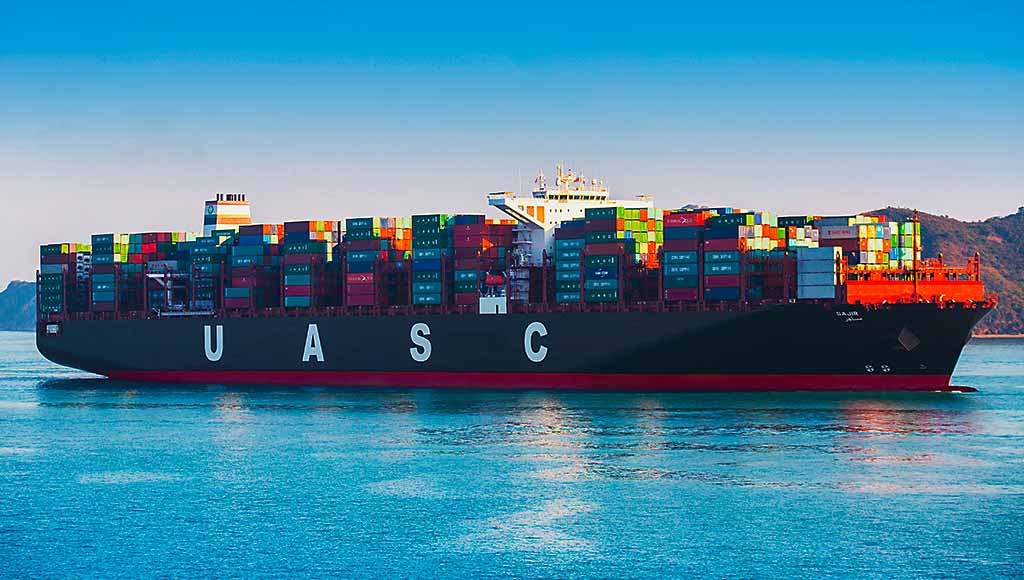London, 5 November (Argus) — A range of taxes, including on aviation or maritime transport, luxury goods, financial transactions and corporate and wealth taxes, could help to finance climate action, according to a roadmap released today by the UN Cop 29 and Cop 30 presidents.
The plan, which aims to “help guide implementation and track progress”, charts a path towards delivering climate finance flows of $1.3 /yr by 2035 for developing nations. Countries agreed at the UN Cop 29 climate summit in November 2024 to develop the plan, which was led by Cop 29 president, Azerbaijan’s Mukhtar Babayev, and Cop 30 president Brazil’s Andre Correa do Lago.
The roadmap “is not a negotiated document”, Babayev said today. Countries will not have to agree on, or even acknowledge the document at Cop 30, Correa do Lago said. He pointed to the core of the Paris climate agreement, which leaves individual country action up to governments. “We don’t need to have an approval for people to do the things that they want to do”, Correa do Lago said.
Fees on aviation or maritime transport — potentially on ticket fees or fuel consumption — could raise up to $223bn, while taxes on “specific goods” such as luxury fashion, technology and military goods could result in $112bn, according to the roadmap. Financial transaction taxes, “minimum corporate taxes” and wealth waxes could raise as much as $327bn, $540bn and $1.36 trillion, depending on the rates applied and participating geographies, the roadmap found.
The estimated amounts from carbon pricing — depending on rates applied and regions participating — are by far the highest, at up to $4.9 trillion. The roadmap also referenced the “enhanced use of share of proceeds” from carbon pricing mechanisms, “particularly the Paris Agreement Crediting Mechanism”. If international aid budgets were scaled up, they could generate nearly $200bn, while new issuances and re-channelling of special drawing rights could possibly result in up to $/yr, according to the roadmap.
But the estimates vary “significantly, highlighting considerable disparities in assumptions, methodologies, and projected outcomes”, the roadmap warns. The minimum estimates are substantially lower. Many of the suggestions are not new. Ireland’s then-climate minister Eamon Ryan in 2022 floated the idea of aviation and maritime levies to raise climate finance.
Climate funds and multilateral development banks will also play a key role in delivering the requisite finance to tackle a just energy transition, adapting to climate change and cutting emissions, the roadmap said.
Developing countries will need $3.2 /yr in climate finance by 2035, an independent expert group found. Developed countries delivered $115.9bn in climate finance to developing nations in 2022, OECD data show. Those flows in 2023 were at “a level similar to 2022”, the OECD said last week. But many countries reject the findings, and the roadmap noted “limited data on existing flows” as an issue.
The roadmap noted the “mounting” cost of climate inaction. And a network of central banks today warned on financial risks from failing to tackle climate change, including financial instability from climate-related shocks.
By Georgia Gratton





